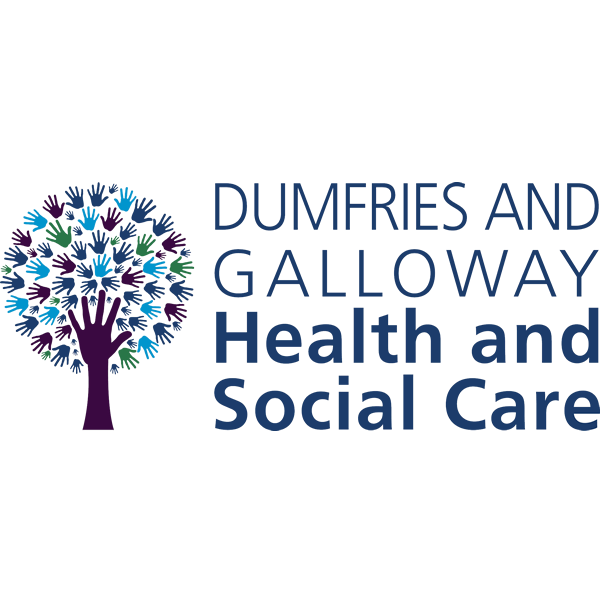The first point of the three-point criteria set out in section 3(1) of the Act relates to whether the adult is unable to safeguard their own well-being, property, rights or other interests. Most people will be able to safeguard themselves through the ability to take clear and well thought through decisions about matters to do with their health and safety, and as such could not be regarded as adults at risk of harm within the terms of the Act. However, this will not be the case for all people, and when a person is deemed unable to safeguard themselves they will meet the first point of the three-point criteria.
‘Unable’ is not further defined in the Act, but is defined in the Collins English Dictionary as “lacking the necessary power, ability, or authority (to do something); not able”.
‘Unwilling’ is defined in the Collins English Dictionary as “unfavourably inclined; reluctant”, and may thus describe someone who is aware of the potential consequences but still makes a deliberate choice.
A distinction may therefore be drawn between an adult who lacks these skills and is therefore unable to safeguard themselves, and one who is deemed to have the power, ability or authority to safeguard themselves, but who is apparently unwilling to do so.
It is also important to bear in mind that an inability to safeguard oneself is not the same as an adult lacking mental capacity. In all circumstances, one should consider that even where a person can make a decision, are they able to action that decision to safeguard themselves?
